
Question to the EC: VAT for veterinary care and medication of cats and dogs
See Francisco Guerreiro’s joint question (with Petras Auštrevičius (Renew)) to the European Commission and the written answer on the VAT for veterinary care and medication of cats and dogs.
Subject: VAT for veterinary care and medication of cats and dogs
An option for Member States to apply a reduced VAT rate for pet medicines and veterinary care could effectively contribute towards better care of cats and dogs and to carrying out the sterilisation of more pet and stray animals.
The Commission’s Staff Working Document (1) concludes that ‘the constraints to Member States’ flexibility in setting VAT rates are no longer consistent with Article 113 TFEU on which the VAT Directive is based’.
Hence, Member States seem to be legally allowed to apply a reduced VAT rate.
Can the Commission confirm that the current EU legislation allows Member States to decide on applying a reduced VAT rate regarding veterinary medication, care and surgery?
If the Commission does not accept that a reduced VAT rate can be applied, does it confirm that the current regime violates Article 113 of the TFEU?
(1) Commission Staff Working Document, ‘Impact Assessment accompanying the document Proposal for a Council Directive amending Directive 2006/112/EC as regards rates of value added tax’ (SWD(2018)0007).
Answer in writing
Under the current value added tax (VAT) rules(1), Member States may already apply a reduced VAT rate to pharmaceuticals normally used as treatment for veterinary purposes(2). In contrast, veterinary care of pets is not eligible for a reduced VAT rate(3).
The Commission adopted in 2018 a legislative proposal aiming to reform the system of VAT rates(4). That proposal is currently under discussion in Council. If adopted, it will provide more flexibility to Member States in setting VAT rates, under certain safeguards that prevent distortions of competition. In addition, this should coincide with the entry into force of the definitive VAT system.
In particular , it will allow Member States to grant favourable VAT treatment to goods and services that cannot be subject to a reduced VAT rate at present, such as veterinary care of pets. A unanimous decision by EU Member States is required for this reform to pass into law. The application of any VAT rate will however remain a discretionary decision for each Member State to take.
The fact that the current system of VAT rates needs reform to ensure a better functioning of the internal market without distortions of competition does in no way mean that it could be perceived as violating Article 113 of the Treaty on the Functioning of the European Union.
(1) Council Directive 2006/112/EC of 28 November 2006 on the common system of value added tax, OJ L 347, 11.12.2006, p. 1 (The VAT Directive).
(2) Under point (3) of Annex III to the VAT Directive.
(3) It is not included in Annex III to the VAT Directive that lists the goods and services eligible for a reduced VAT rate.
(4) Proposal for a Council Directive amending Directive 2006/112/EC as regards rates of value added tax, COM(2018) 20 final.
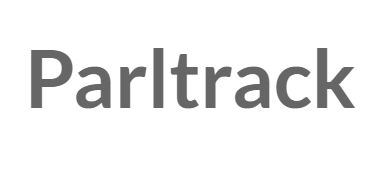



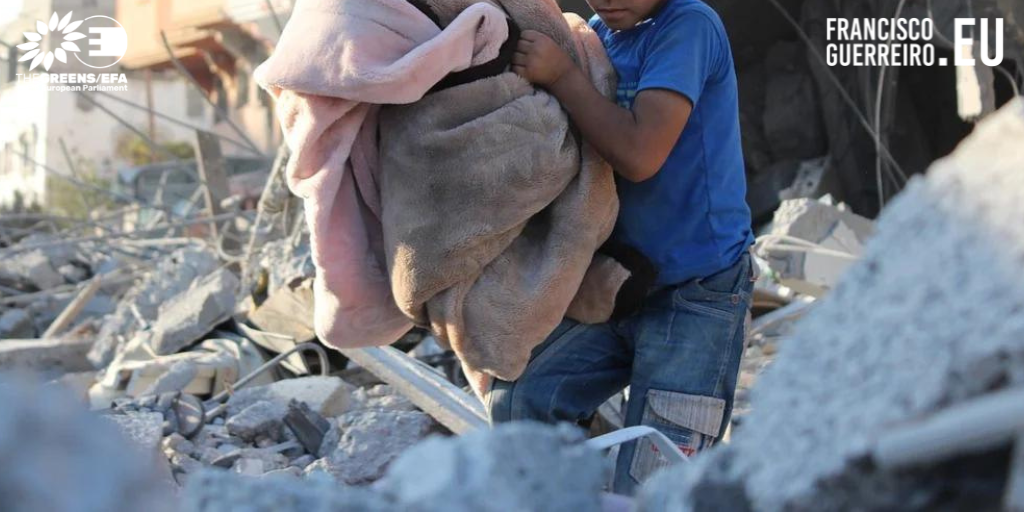
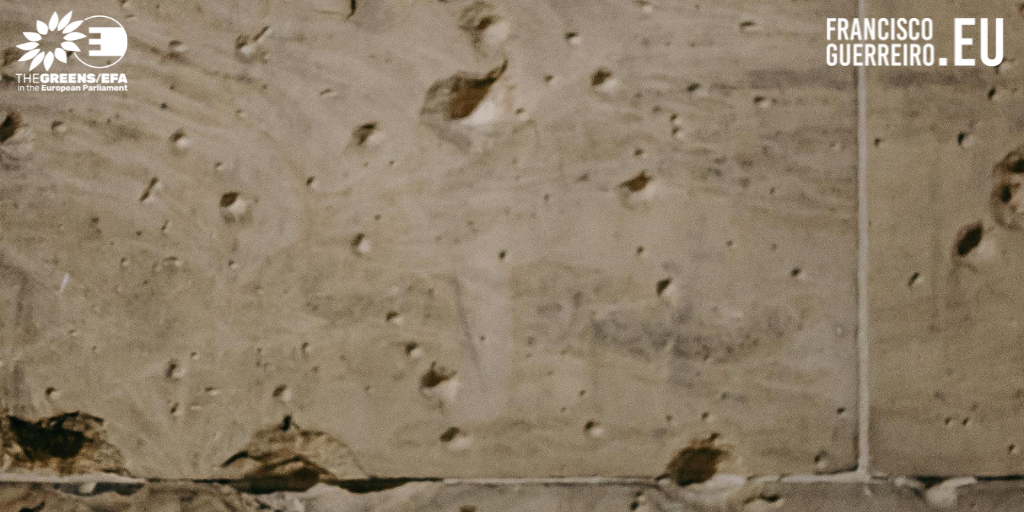

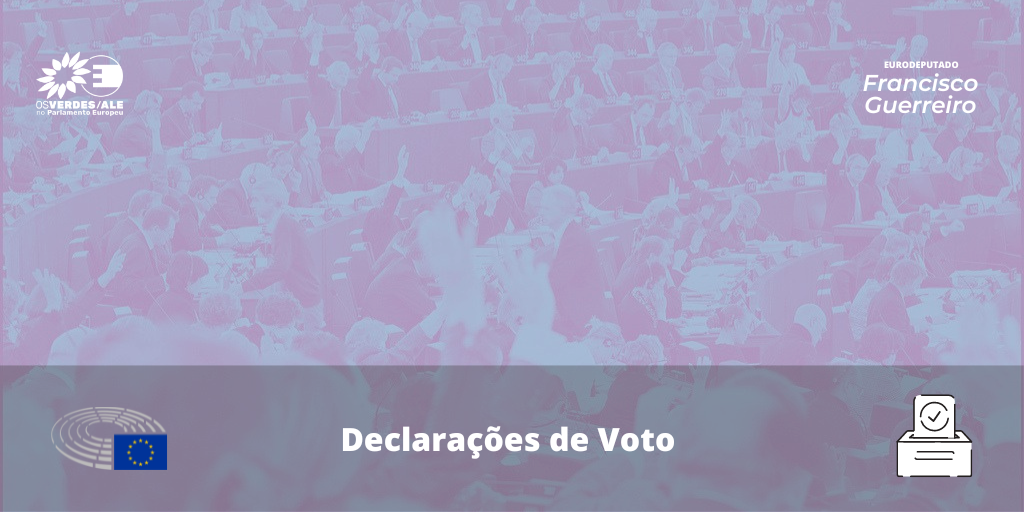
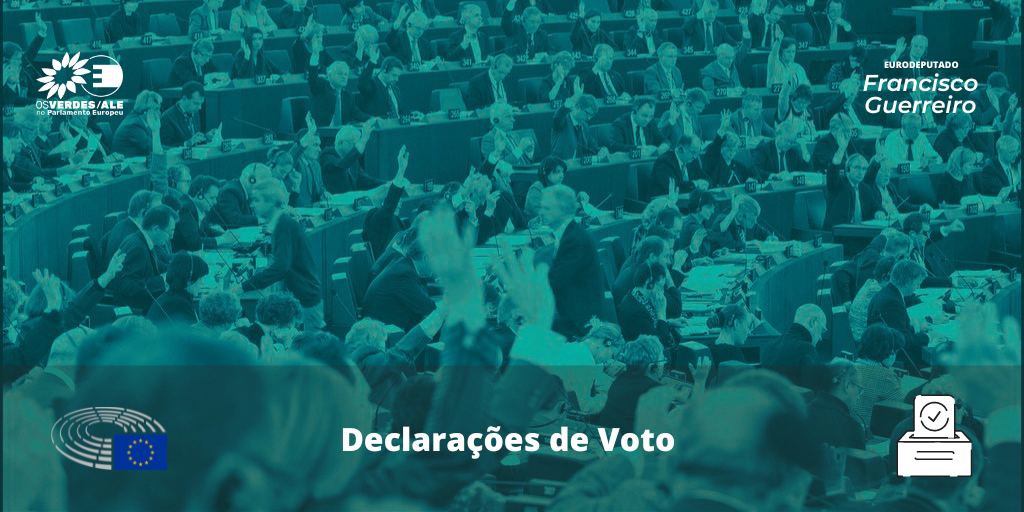
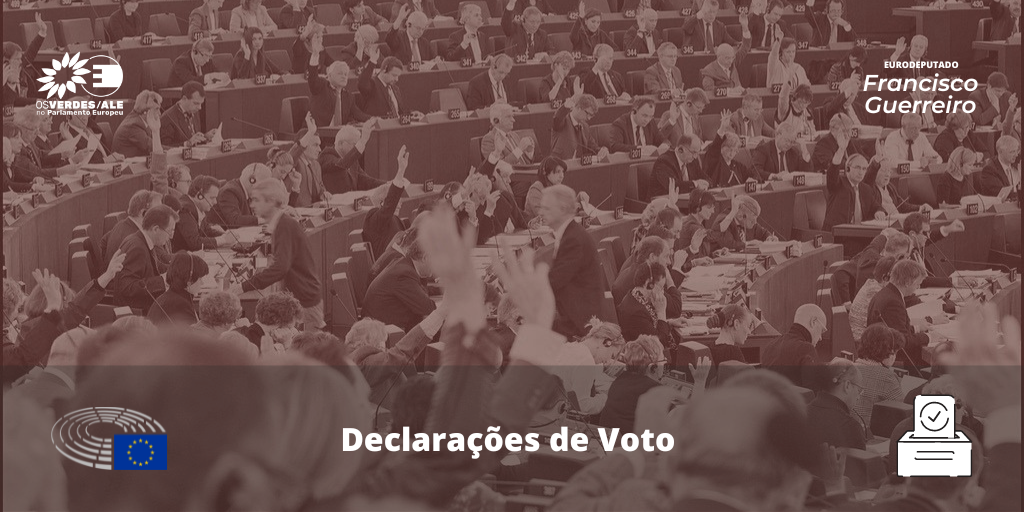
ParlTrack - Francisco Guerreiro considered one of the most productive MEPs
Monday, 01 July 2024
The analytical website ParlTrack has recorded all the parliamentary actions of MEPs during the 2019-2024 term, considering Francisco Guerreiro one of the most productive.READ MORE